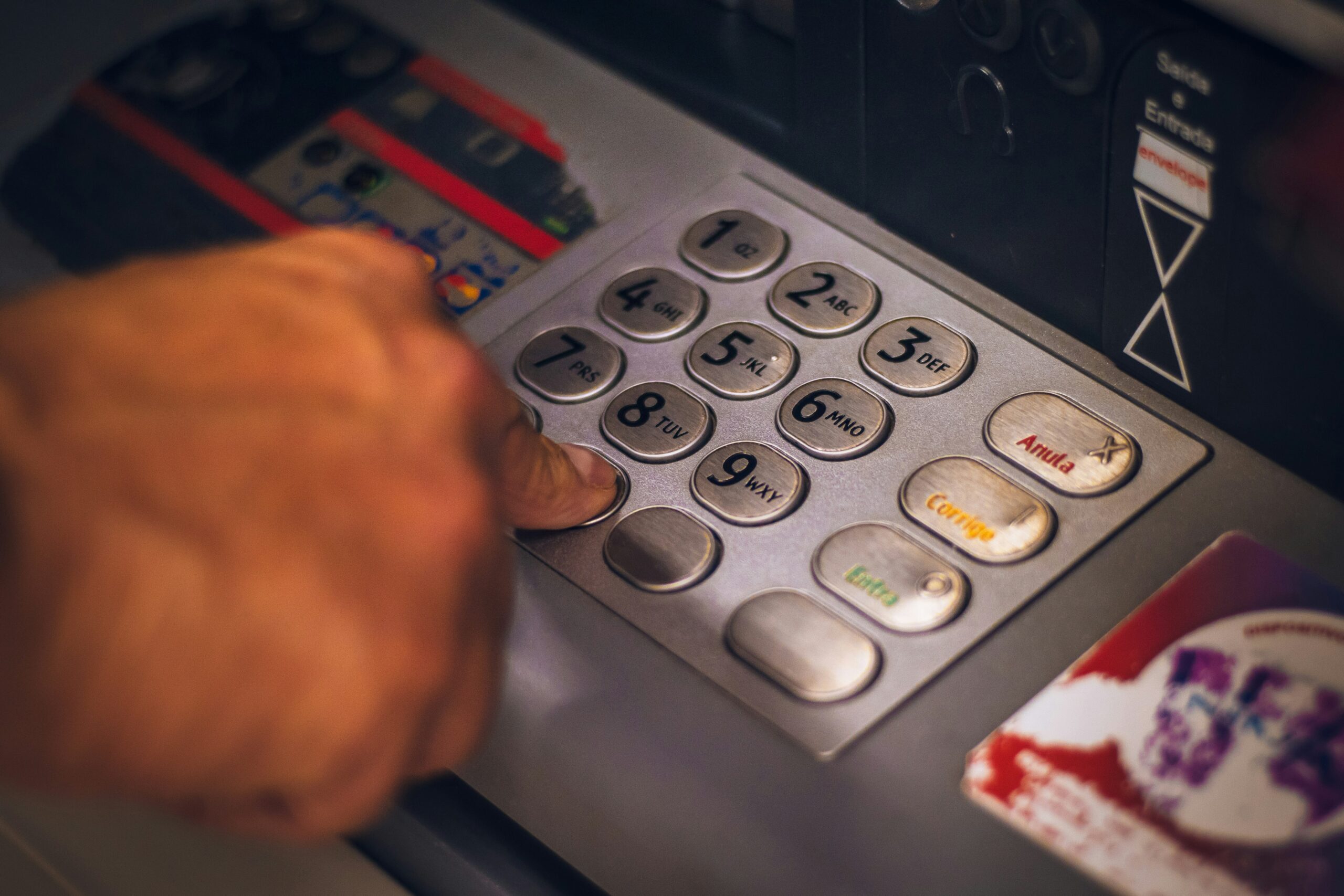Are you dreaming about buying a home? During your home buying and mortgage approval process, you’re going to come across a lot of words and terms you may not know. Because of that, I thought it would be a good idea to have a mortgage glossary to reference back to during this time.
Below you will find some of the most important terms to understand during your mortgage approval process. If there are other terms not on here that you are questioning what they mean, please reach out and I’m happy to help share my knowledge with you!
Amortization
This is the time that it will take to pay off your mortgage in full, including interest. It may be between 5 and 30 years, with the majority of mortgages having a 25 year amortization.
The amortization differs from the mortgage term. See term for more details.
Appraisal
An appraisal is needed for most homes being purchased. It’s a report done by a third party that indicates the estimated value of the property. You may need an appraisal for financing purposes. As the buyer, the appraisal cost is something you pay.
Closing Date
The closing date is the day that you pay the balance of the home purchase price to the seller. The seller transfers title or ownership of the property to you once the payment has been made.
Co-signer
A co-signer is a family member who signs with someone else on their mortgage. When you cosign a mortgage, the cosigner is agreeing to be a backup and make payments if the borrower fails to be able to. If the borrower doesn’t make on time payments or misses payments altogether, the credit record of the cosigner is affected and will go down. Finally, all amounts owed by the borrower will show as owing by the cosigner as well, increasing the cosigner’s debt load.
To learn more about being a co-signer, read my blog “Should You Co-sign a Mortgage?”
Conventional Mortgage
A conventional mortgage is a mortgage that isn’t insured by CMHC or another mortgage default insurer.
CMHC
Canada Mortgage and Housing Corporation (CMHC) is a federal Crown corporation that administers the National Housing Act (NHA).
One of their main services is that they insure mortgages for lenders, so when a borrower has less than 20% down for a loan to value of greater than 80%, they are still able to secure a mortgage loan.
Down Payment
Your down payment is the amount of cash that you put towards your property purchase that shows lenders your financial commitment to the mortgage loan.
The minimum down payment for a property in Canada is 5% on the first $500,000. For homes between 500,000 and $999,999, you need 5% of the first $500,000 and 10% of the value over $500,000.
Example: If the property is $700,000, it would be 5% on the first $500,000 and then 10% on the remaining $200,000.
To learn more about down payments, read my article “Mortgage Down Payments & What Lenders Are Looking For.”
Equity
Your home equity is the value of your home, minus total outstanding debt registered against the title of the property. Your home equity increases as the debt secured by the property decreases.
Fixed Rate Mortgage
A fixed rate mortgage is a mortgage loan with an interest rate that is locked in for the mortgage term that you have signed and agreed upon. Most commonly, you will hear of 5 year fixed terms.
This is opposite of a variable rate mortgage. See variable rate mortgage below.
Gross Debt Service Ratio
GDS is the percentage of your monthly household income that covers your housing costs.
Home Equity Line of Credit (HELOC)
A HELOC is a revolving line of credit that allows you to borrow against the equity of your home. Typically, you will see a lower interest rate with a HELOC compared to other lines of credits as well.
To learn everything you need to know about HELOCs, read my blog post “Home Equity Line of Credit”.
Property Transfer Tax
The property transfer tax is a closing cost that you will have to pay to the government on your closing date. The cost is calculated based on the purchase price.
Taxes vary by province and first-time home buyers are sometimes exempt from part or all of the cost.
Mortgage Lender
The mortgage lender is the entity, often a financial institution, which lends you the money to buy your home.
Mortgage Loan
A mortgage loan is a loan that helps you pay for your property. Most people don’t have enough cash to buy their property outright, so they take out a mortgage from a mortgage lender to make the purchase.
Mortgage Payment
Your mortgage payment is the amount that you pay every month for your mortgage to the lender with whom you borrowed the money from.
Mortgage Pre-Approval
A mortgage pre-approval is a process of seeing how much you qualify to borrow for a mortgage.
Mortgage Renewal
A mortgage renewal is when your mortgage term is up, you can renew with the same lender or another lender if you have yet to pay off your full mortgage amount.
Mortgage Term
The mortgage term is the length of the contract with your lender. When a term ends, you either pay off your mortgage or renew it if your lender agrees or renew with another lender at potentially another rate. Terms range from 1 to 10 years, although 5 year terms are most common.
Principal
The principal is the original as well as the outstanding amount of a mortgage loan. This is before added interest.
Prime Rate
The Prime rate is the interest rate that banks and lenders use to determine the interest rates for many types of loans and lines of credit. These can include credit cards, HELOCs, variable-rate mortgages, car and auto loans, and much more.
Rate Hold
A rate hold is a hold of a mortgage rate on a mortgage approval for a purchase of a home, renewal, etc. Lenders will allow mortgage brokers, like myself, to hold a rate for a client who is in the midst of purchasing a home. Rate holds can be anywhere from 30 to 120 days.
Second Mortgage
When you already have a mortgage on your home, it’s possible to receive a second, additional mortgage on top of the first. The first mortgage is called your primary mortgage and having a second mortgage on the same home while the primary is still not paid off is called a second mortgage.
A second mortgage is done through private lenders and some B lenders or can be a second charge from your existing lender.
To learn more about second mortgages, read my article “Getting a Second Mortgage on Your House”
Total Debt Service Ratio
The total debt service ratio (TDSR) is the percentage of gross annual income required to cover all other debts and loans in addition to the cost of servicing the property and the mortgage.
Variable Rate Mortgage
A variable rate mortgage is a mortgage loan with an interest rate that is periodically adjusted based on an index that reflects the cost to the lender. This is opposite of a fixed rate mortgage. See variable rate mortgage above.
Reach out to me today.
I hope this reference guide is something that has helped you learn a term or two from the mortgage world. If you have any questions about any of these terms, or are ready to start your mortgage process today, reach out to me! You can call me at 250-826-3111, apply on my website or contact me through my website form.
I look forward to speaking to you soon.






